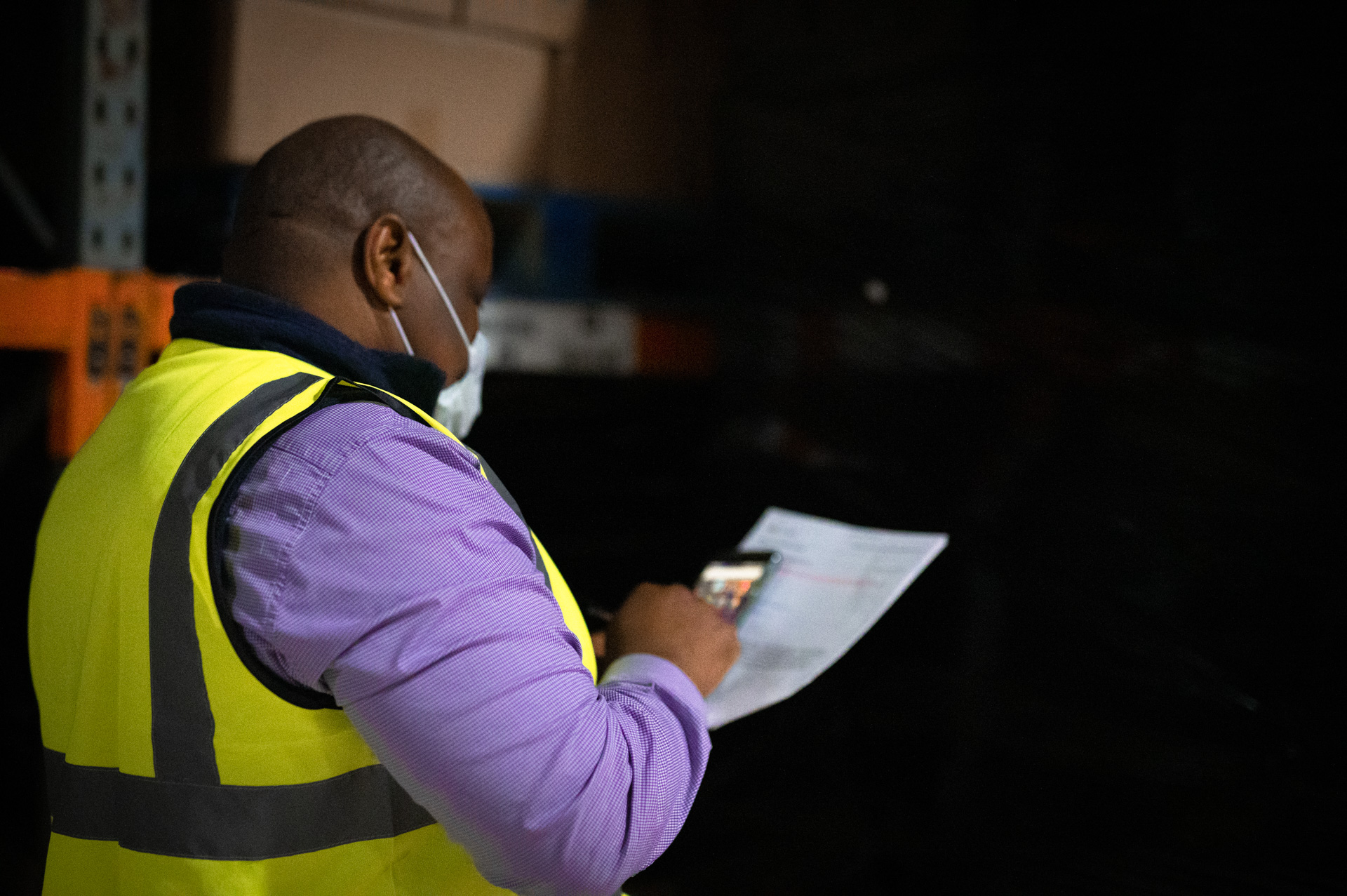What is a bonded warehouse?
What is a bonded warehouse?
Let’s start with another question… Why would you want to pay duty and VAT on products that may stay in storage for sometime before being sold? You wouldn’t, that is where a bonded warehouse also known as a customs warehouse can help.
The ability to suspend payments on VAT and duty can makes a significant positive impact on cash flow. As an example imagine you are importing £100,000 worth of ‘widgets’ from China. The VAT is 20% and once you have checked the commodity code (https://www.trade-tariff.service.gov.uk/sections) you discover that you have another 6% to pay. So now you are in for another £26,000…. be ‘kind of nice’ to have that in your bank account?
Double Duty
To make matters even worse you get a big customer for your widgets in Europe and you are about to get hit with more taxes as you export them, welcome the double duty dilemma!
Bonded warehouses are HMRC licenced facilities, there are 2 types, Public warehouse and Private. Private warehouses operate to store their own goods only. Public, as the names suggests are used by businesses who store other people’s goods. They are the keeper and responsible for management bonded product and also ensuring that the VAT and duty are paid appropriately once the products are ready to be sold (moved into free issue). The depositor maintains ‘title’ (ownership) of the goods.
Bonded warehouses are not a new concept, they have been used by a variety of companies to manage cashflow for since their introduction. Surprisingly not many companies are aware of these facilities and the advantages they can bring. The critical element is that a bonded warehouses allow you to move the point when the import duty and VAT are paid to when the products are ready to be sold (moved into free issue).
Risk Management
In terms of risk management, the depositor company has immediately protected a considerable chunk of it’s cashflow by using a bonded facility in turn managing the risk that the goods would not initially sell well enough to cover the purchase and import costs. If the products, heaven forbid do not sell they can be destroyed without having to pay the import fees.
Rules and Regulations
Not surprisingly there are various rules and regulations surrounding the use of bonded warehouses, it is of course critically important that the products are correctly declared when placing into or removing them from the bonded facility. The products may also only be handled in specific ways such as to prepare them for distribution and / or resale or to improve their presentation. Goods can be moved to a different bonded facility as required, however to do this will require a new customs declaration. There is further detailed information available from the gov.uk website at https://www.gov.uk/guidance/managing-your-customs-warehouse#handling-goods-in-your-warehouse
In summary utilising a bonded warehouse has many advantages, not least of all the positive impact on cash flow. The products are stored and protected until needed and it is only at the point of sale or release into free issue that the VAT and duty are liable.
If you would like to know more give us a call or drop us a note via our contact us section on the website.

